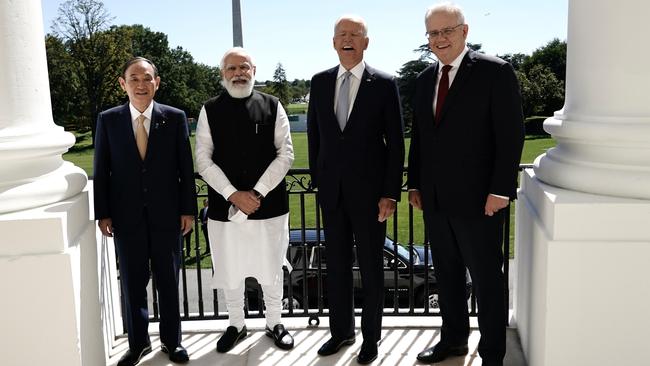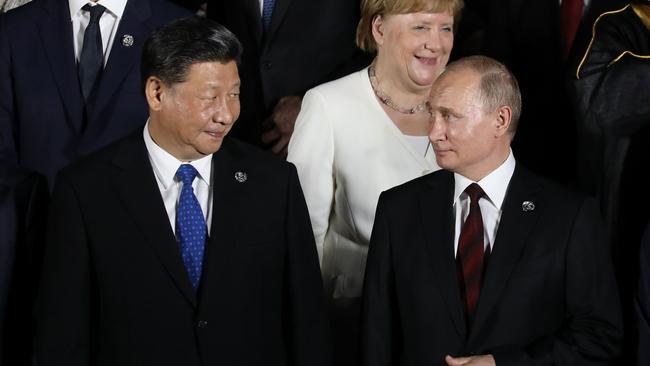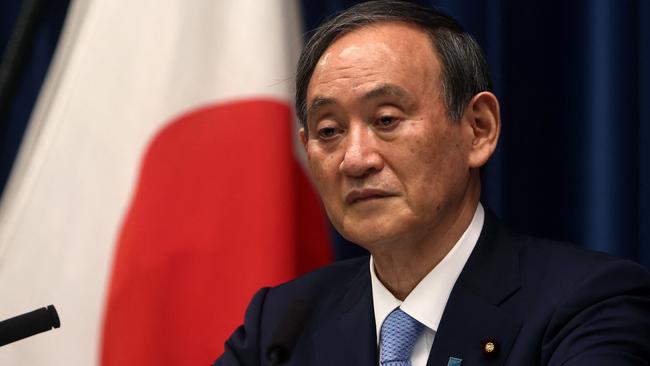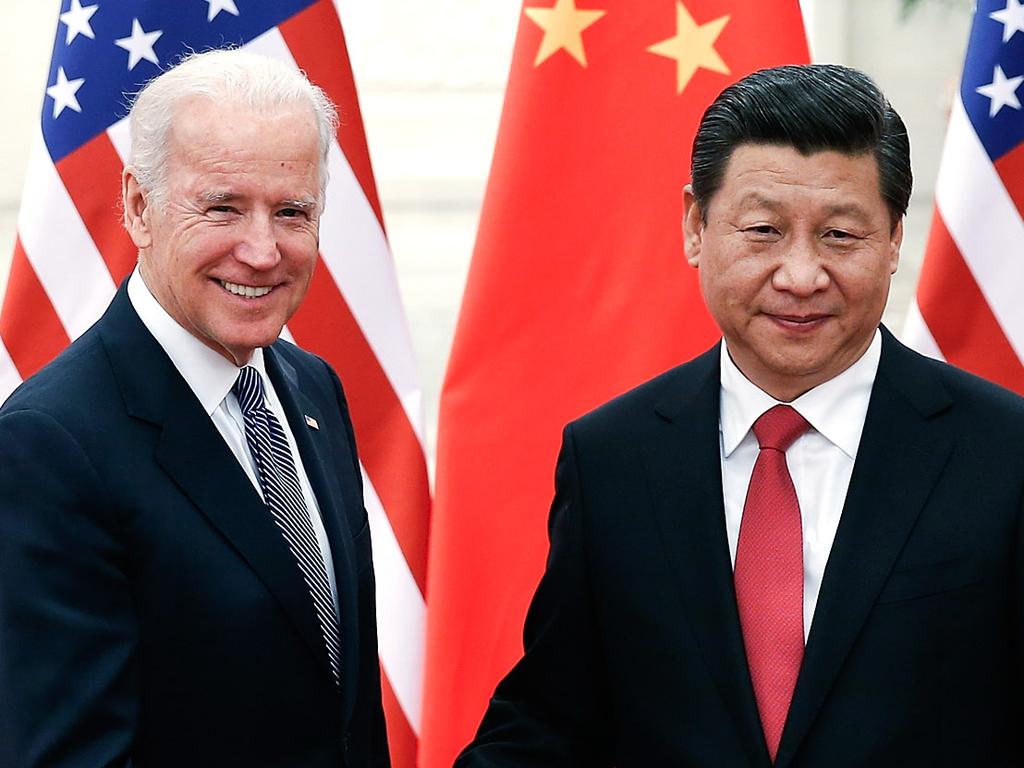Chinese threat calls for five eyes expansion
As Beijing eyes Taiwan and cosies up to Russia, the intelligence alliance needs the help of Japan.

If new candidates try to join the Five Eyes spy club they should expect to get a poke in the eye and may end up blinded. That was the crude warning from Beijing, which is worried that the West is working on new and more inventive ways of containing China.
Even so, the moment has come to expand urgently the eavesdropping alliance of the US, UK, Canada, Australia and New Zealand. The first new recruit, the Sixth Eye, should be Japan, a country that has for decades studiously avoided military posturing but which now has reason to fear that its neighbourhood is turning ugly.
Japan has long expertise on China and Russia – it shared military signals with the United States during the 1969 Sino-Soviet conflict – and it is emerging as an indispensable ally. American lawmakers are demanding that the director of national intelligence present a report on the pros and cons of Five Eyes enlargement by May next year.
That’s likely to be a prelude to an invitation to Japan and it will mark the end of an anachronistic set-up that places the Anglosphere as the natural stewards of western security.
It certainly reflects how Japan is becoming a key intelligence player. It has set up a directorate for signals intelligence and opened 11 listening posts that scoop up communications in China, North Korea and the Russian Far East.
The Japanese military is still a “self-defence force” and there are still strong voices arguing that Tokyo has to treat China with caution and respect. But over the past few months the debate has come to resemble more and more the kind of language that’s being heard inside the Biden White House: namely that the countries of the Indo-Pacific region have to make a choice between being in a community of shared democratic values or in a cynical and ultimately self-destructive alignment with the world’s autocratic powers. You can trade with China but you can’t play both sides.

Two factors have given an edge to the Five Eyes discussion. The first is that the West is all too often baffled by Xi Jinping. The problem with spying on a single-minded autocracy is that there are very few ways that spies can get inside his head or anywhere close to the inner circle.
That lesson was learnt by the CIA in 2017 when news broke of a ring of American agents arrested by the Chinese secret police, interrogated, jailed or executed. Since then Sigint – the interception and analysis of conversations between members of the elite – has been deemed more efficient than Humint (human intelligence). But even the formidable tech of the National Security Agency at Fort Meade and GCHQ at Cheltenham ends up leaving big gaps in our understanding of Xi’s intentions.
Hence the naked guesswork that is going into whether, and when, China might make a lunge for Taiwan. Almost all of China’s naval and military build-up is being interpreted through the prism of a possible invasion of Taiwan.
So, too, is the sudden surge of testing of a hypersonic glide vehicle, capable of flying at super speeds over the South Pole, dodging US missile defences and hitting American targets. “A Sputnik moment”, in the words of the chairman of the US joint chiefs of staff, General Mark Milley. Why should China be initiating a major change in the geostrategic balance of power at this moment? To deter the US from playing the nuclear card if it comes to Taiwan’s aid.
Perhaps not everything that is coming out of Beijing at the moment is about an encroaching fight to the death. That is why Japan would be such a valuable intelligence-sharing ally. It’s not just a neighbour of Taiwan and home to US bases, it is also within firing range of North Korea’s missiles. And it is in dispute with Russia over territory in the Russian Far East. It has, as an East Asian expert put it to me, “a panoramic threat perception” that is missing in the West.

That view of the threat in the East joins up with what could be happening in the West. Russia and China will probably never be friends but they have strong mutual interests.
Russia supplies gas and oil to China, they co-operate on military training and defence technology, they stick together at the UN. If China really does crush Taiwan, Russia will no doubt help it through the inevitable sanctions. What does the Kremlin get out of such a pact? Cover at the UN and Chinese economic support if Vladimir Putin makes a new grab for Ukraine.
What we might now be seeing is another Molotov-Ribbentrop carve-up in the making. Ukraine for Russia, Taiwan for China; these are both potent national causes, not mere skirmishes.
The strategic aim of the West – ask Henry Kissinger before it’s too late – has to be to keep Russia and China apart. No good can come of their axis, not for the West, nor ultimately for themselves. The chaos, the unravelling of global order that would arise from these two big nuclear powers acting diplomatically together but on two separate military battlefields is the ultimate nightmare. Reason enough for the Anglosphere West to enlarge the latticework of its intelligence sharing in dangerous fast-moving times.
Once Japan is in, India should follow. It will be a step-by-step process – it has, after all, taken the Five Eyes 75 years to develop its institutions and practices. Trust will be important. So will shared values. But the guiding principle has to be: the more eyes the better.
The Times






